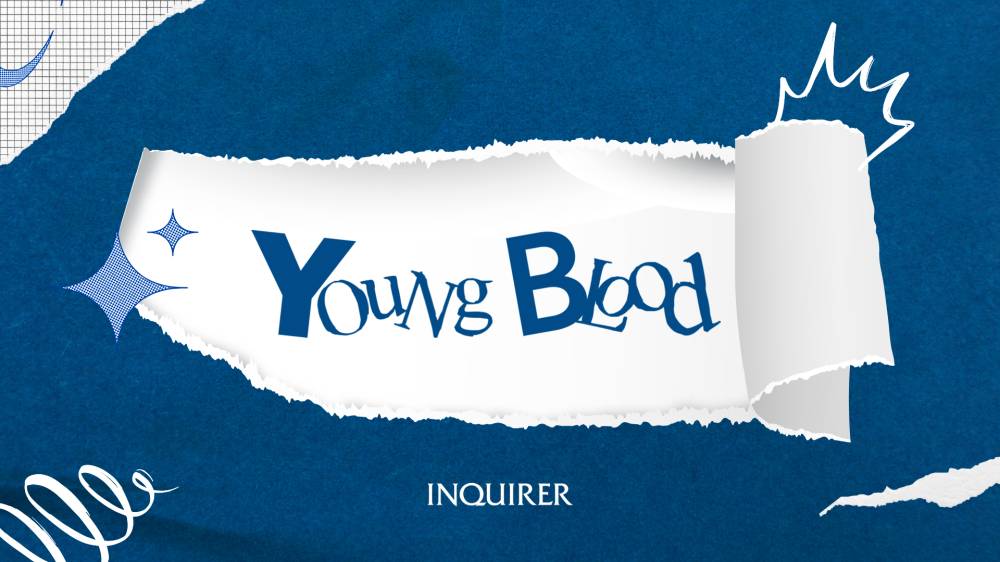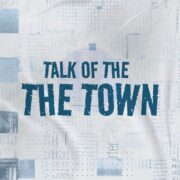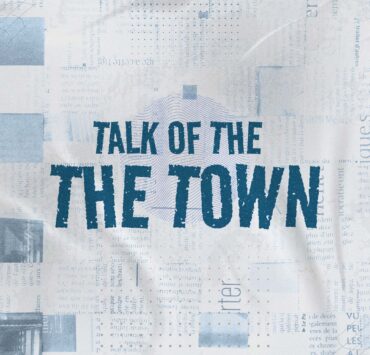Is dreaming only for kids?

I was talking to a friend and blurted out a trendy joke—”Please, Please, Please” by Sabrina Carpenter—but changed Carpenter to Ongkiko. Ms. Sabrina Ongkiko.
And a flashback moved me.
I still remember her from her TED Talk 11 years ago. We had a school task back then—to listen to her speech and reflect on it. Ma’am Sabrina is a public school teacher, and in that talk, she said that teaching in a public school makes her very happy. She enjoys teaching kids not just math and science, but also how to dream—and she helps them reach for those dreams, no matter how high or ridiculous: to be a scientist, a doctor, an astronaut.
In the middle of our funny conversation, I paused and asked myself: When did I stop dreaming?
When I was a kid, imagining who I wanted to be when I grew up excited me so much. There were endless possibilities and I couldn’t even pick one.
It was like choosing what to wear from a bottomless closet or choosing what superhero you are.
I’ve always believed that dreams are the foundation of fulfillment because everything begins there—with an idea, an ambitious, almost impossible vision of what life could become. And those dreams didn’t just appear out of nowhere. They came from culture—from a collection of influences: parents, TV shows, cartoons, friends, travel. They came from our collective experience.
When I was in Grade 2, our teacher, the late Ms. Irene Omaoeng, asked everyone in class, “What do you want to be when you grow up?”
The entire class answered carefully because we were all scared of Ma’am Irene.
One by one, from left to right, my classmates stood to answer.
“Nurse.” “Teacher.” “Lawyer.” “Police.”
I was the last to answer since we were seated according to height—and I was tall. I said, “I want to be a farmer, like my father.” I think everyone laughed. I’m not entirely sure, but I remember feeling like I said the wrong thing. Maybe they thought, “A tall kid with such a small dream.” So I changed my answer to the typical, “I want to be a doctor.”
But I never wanted to be a doctor.
That’s the last memory I can recall of dreaming freely and carelessly.
I still dream, but it’s different now. When you’re no longer a kid, you start dreaming practically. You only dream of things you’re certain you can achieve. There’s this invisible threshold—crossing that line feels wrong, almost illegal, even shameful.
Now, we only dream what we can afford. We have learned to reshape our dreams to fit in our wallets. Suddenly, the world that once felt endless feels limited.
We don’t dream of being astronauts anymore—it’s too expensive. We don’t dream of working for Nasa—you have to be crazy smart, and decent education costs a fortune. We don’t dream of becoming doctors—it takes too long, and we have bills to pay.
When we were kids, dreaming made us happy. Dreaming now, as adults, makes us feel self-pity because it reminds us of the things we can never have in life.
This country has turned us into practical dreamers. Maybe we should retire the saying “Libre lang mangarap,” because one day, they might put a tax on that, too.
Somehow, they’ve made achieving dreams almost impossible. And somehow, they’ve killed my dream even before I tried to achieve it.
I had my reasons why I answered I wanted to be a farmer.
Maybe dreaming is just for kids.
But I still dream of becoming a farmer.
—————
Neil Bryant Baliao, 24, is a frustrated young professional from Bugnay, Candon City, Ilocos Sur.

















We need genuine partners, not bad neighbors